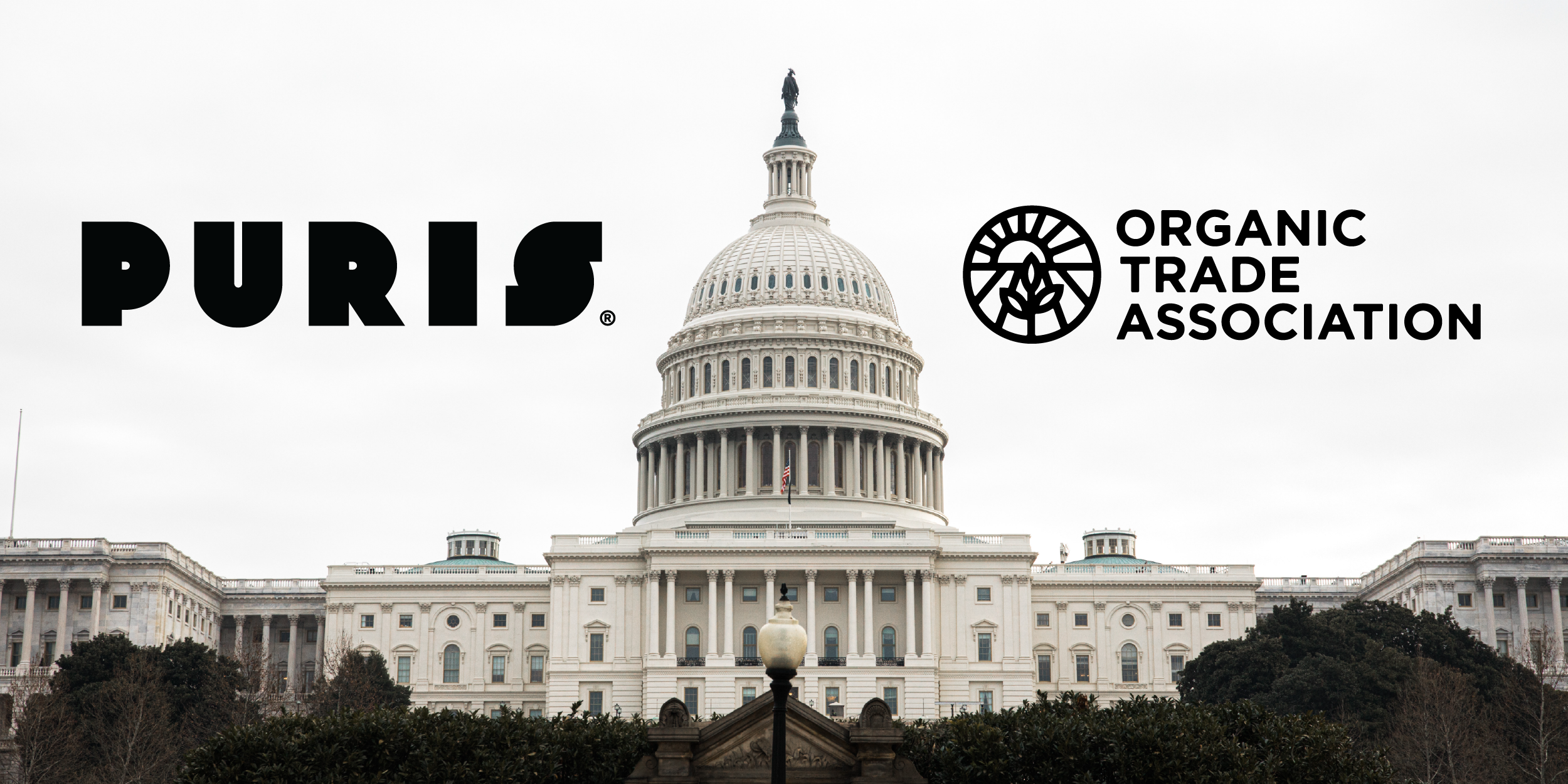The following is an op-ed written by our own Nicole Atchison, CEO of PURIS Holdings.
The Wall Street Journal recently published a ranking of the 100 most sustainably managed companies in the world. The topic of sustainability has great impact in the food space, with many brands building entire business models around it, and yet the industry is wildly underrepresented on the list. The reasoning behind this is more complex than you may think.
Being recognized for sustainability takes a combination of things: good policies, programs and progress on environmental, social and governance (ESG) factors and transparency.
If a company does not provide visibility to the corporate activities and metrics around ESG and sustainability, no matter the good they’re doing, they can’t score high on a list like this — or in public perception.
Food companies, in general, have never been overly transparent about their supply chains and activities. Due to the breadth of the food space, many companies deem their supply chain as part of their competitive advantage and therefore are guarded about it. Additionally, much of the food system has been designed around commodity agriculture and large-scale processing, making transparency even harder. With infrastructure designed to thrive with commodity scale, it is not surprising that massive consolidation is happening in food and ag, further impairing a transition to transparency.
At the end of the day, public companies need to show growth and returns for their shareholders. Supply chains that prioritize ESG tend to be more expensive than the more resource-intensive supply chains that are built on a model that leverages government subsidies.
However, capital is going toward companies that are actively reducing environmental impact and leaning into human and societal issues.
As scale grows and regulation starts tipping in this direction, the cost of environmentally responsible materials will continue to even out with resource intensive materials. For companies trying to hit numbers next quarter, however, they may not have the ability to focus on the long game.
This is not to say that food companies aren’t doing great work and making real progress. In fact, the opposite is true. Food giant Danone is one of the largest public B Corps with 27 of its entities certified to date. General Mills has committed to reducing greenhouse gas emissions 30% over the next decade and to be at net zero by 2050. Beyond Meat commissioned a life cycle assessment with the University of Michigan and found 90% less GHG emissions for its plant-based burger compared to a quarter pound U.S. beef burger.
The next generation of food brands are focused on sustainability and serving the needs of customers, prioritizing good business over just good marketing.
Environmentally conscious plant-based food sales continue to climb during the COVID-19 pandemic, a market already on pace to reach $85 billion by 2030, according to UBS.
Food and agriculture contributed $1.1 trillion to the U.S. gross domestic product in 2019, a 5.2% share. This system can be a source for good when all stakeholders are aligned, showing that a change is necessary, possible and profitable.
This alignment is happening now with ESG investing accelerating, a renewed focus on regenerative agriculture and consumer interest in food that is good for people and the planet. Combining this positive momentum with enhanced transparency — because the companies are proud to share the work they are doing, their supply chain partners and the programs for their workforce — will enable the food industry to attract the next generation of top talent and catapult us towards a better, more sustainable food future.



